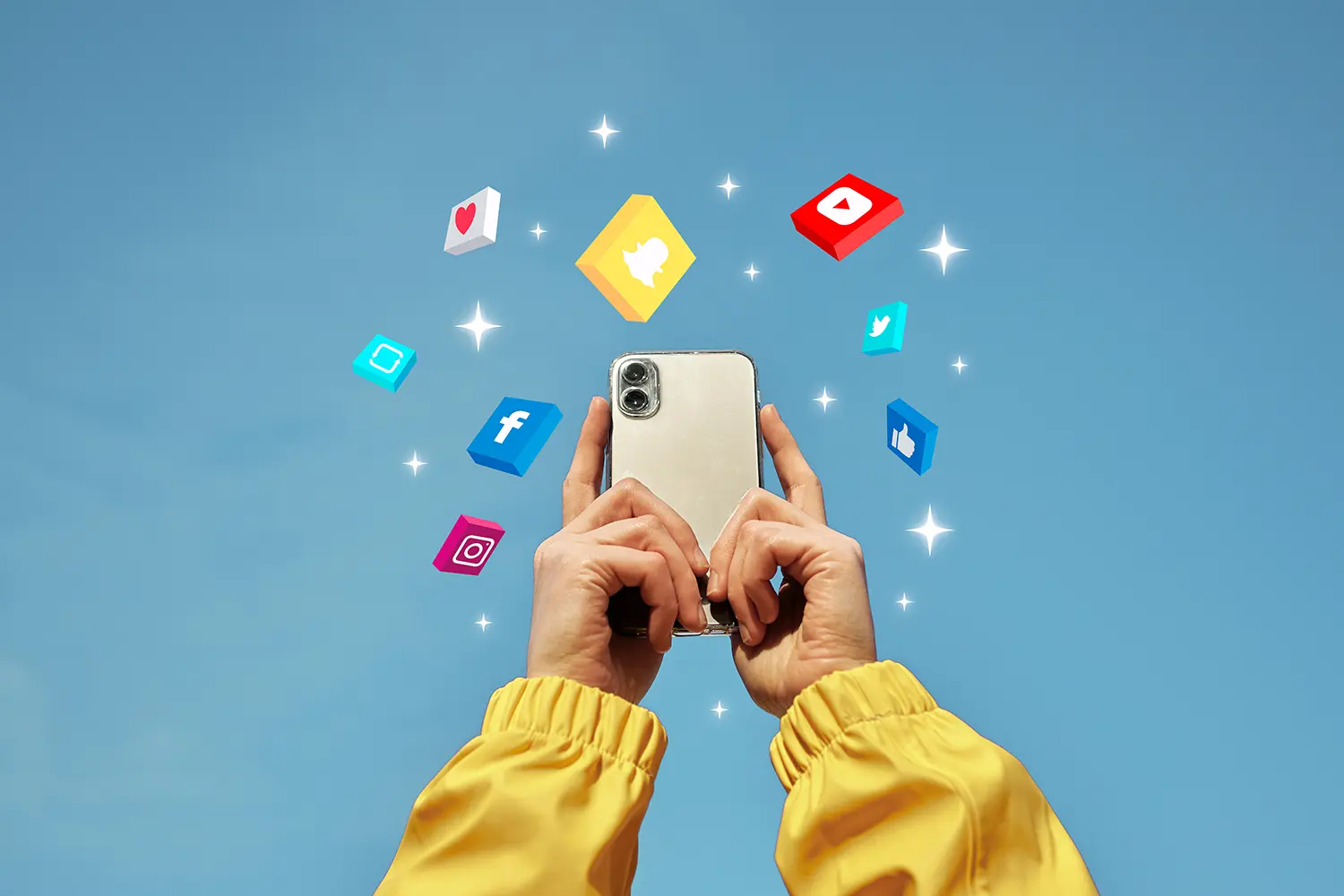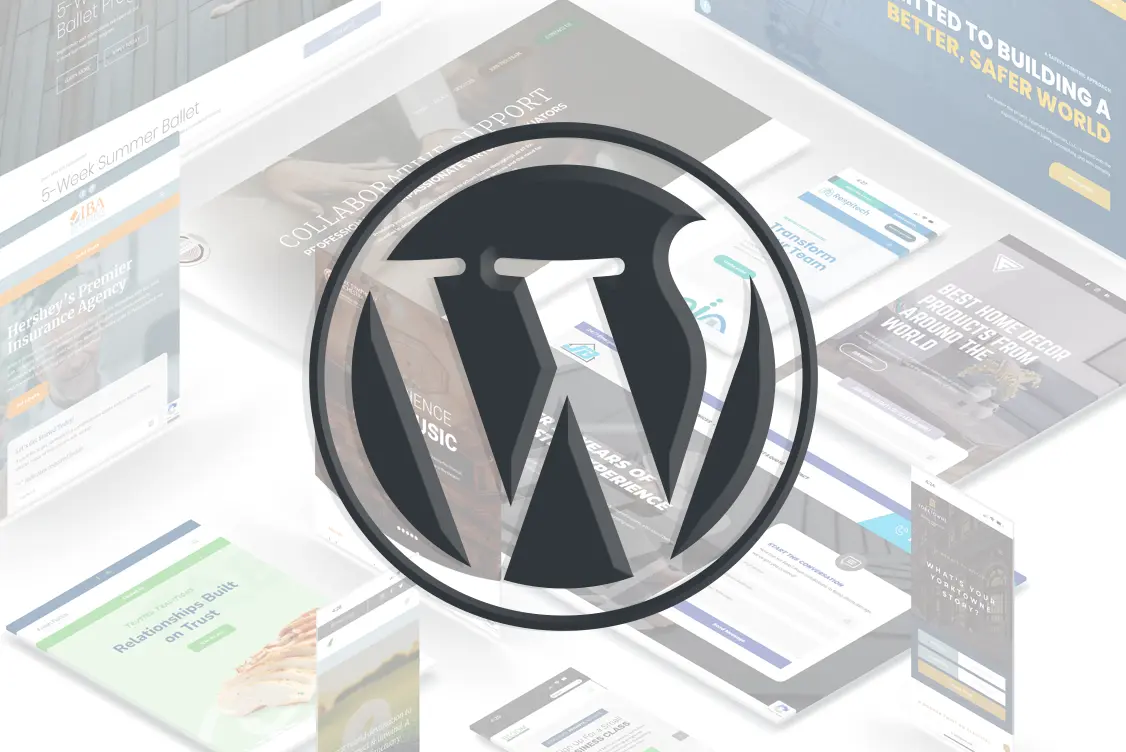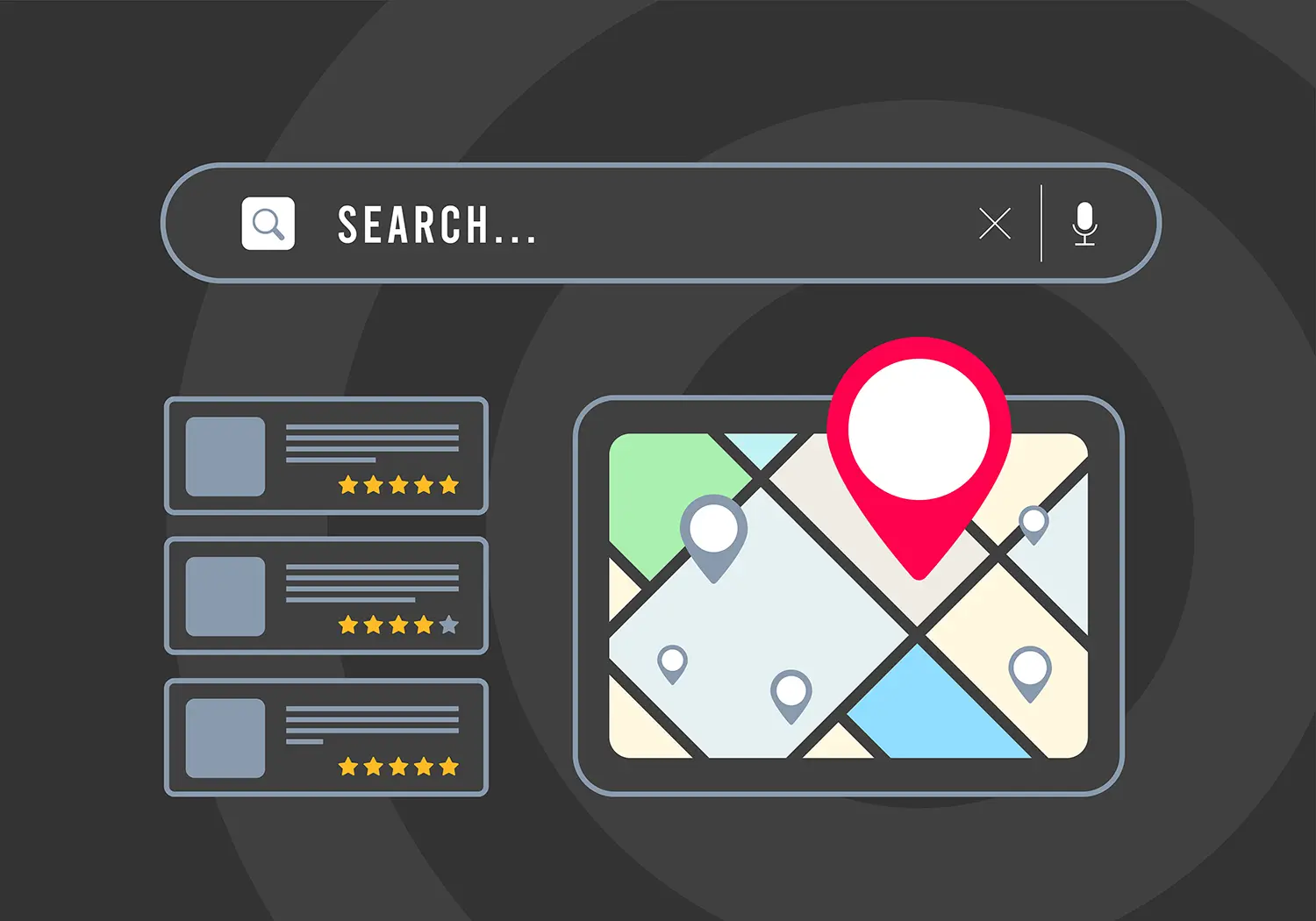An enormous advantage of organic social media? It’s super affordable! Sure, creating content, scheduling, and posting does take time. Many organizations pay a team member or a third party to do this work on their behalf but sharing that information on your social media channels is FREE!
Many brands pay to get their message out there. You may want to leverage paid opportunities as well, since paid social and organic social media often complement each other, but don’t overlook the significance of a solid and consistent organic social media presence.
Let’s start by differentiating between organic and paid social media marketing.
What is Organic Social Media?
Organic social media involves manually building an audience and creating genuine connections over time with authentic content. Simply put, organic social media is any content you post to your channels to build awareness about your brand without paying for it.
Organic social media content might include photos or videos of your business, products or services, links to your website or blog, stories, reels, memes, and information you share from other sources because your audience might find it helpful or entertaining. This might include content from your own customers (we call this user-generated content).
Benefits of Organic Social Media
Organic social media is an excellent way to establish who you are, and what you do, and build a loyal following. Here are a few benefits of organic social media:
- Share content: Sharing interesting, helpful, and unique content relevant to your potential audience helps draw attention to your brand and offers followers some insight into what you’re all about.
- Establish an online presence: For smaller or brand-new organizations that don’t have a website, social media is often the simplest way to introduce a brand and begin building an audience.
- Connect with your audience: One of the best things about social media is the ease with which you can build and nurture connections with followers. Organic social media meets your audience where they are and makes asking for feedback, responding to questions, and engaging with followers super simple!
- Increase your reach: For a business of any size, there are no limits to how far your reach can extend with social media. Naturally, you’ll want to create great content if you expect your followers to increase by leaps and bounds, but through social word of mouth, you truly can increase your exposure.
- Increase website traffic: Did you publish a compelling blog post or add information about an upcoming sale or opportunity to your website? Post it on your social media channels and drive users to your site for all the details!
- Position yourself as a resource or expert in your field: One way to build trust with your audience is by establishing yourself as a resource or thought leader in your niche. When you offer advice or free resources that may be related to your business but are not intended to sell your services, followers will begin to trust and rely on you for insights and information.
While there are many benefits of organic social media and we consider it essential for most businesses today, there is a downside. The downside is that, unfortunately, only a percentage of your audience will see organic posts on your channels. This is known as organic reach.
So, who WILL see your organic social posts?
- A percentage of your followers
- Friends or followers of your followers – assuming they decide to share your posts
- Users who follow the hashtags you use
What is Paid Social Media?
Paid social media is exactly what it sounds like — paying to get more eyes on your posts, generate leads, grow your following, etc. Paid social media can be effective, and relatively inexpensive, and targeting the right audience can help you get the best bang for your social media buck.
In addition to traditional paid social media, influencer marketing also falls under the heading of paid social media. Influencer marketing involves collaborating with other brands, celebrities, or other credible individuals who can “influence” their audience and others to trust your brand by leveraging their social channels.
Paid social can be a great enhancement to your organic social media. For example, if you have a big announcement or a new product launch, you might post it as an organic post and then “boost” that post by putting a little money behind it. Or, you could create a paid campaign targeted at a specific audience.
Where to Begin with Social Media for Your Business
While the opportunities are endless, jumping full-on into social media can be daunting for a newbie! Start by understanding your ideal audience. Get to know the social networks and determine which channels might make the most sense for your business. In other words, go where your customers are!
Another tip for getting your business started on social media – start small! Unless you have an expert to help you create content, manage and post on various channels, start where you think it makes the most sense and get comfortable with one or two networks. Once you’ve developed a healthy amount of content and play around with scheduling tools, you can decide if you want to scale your approach or stick with what is working. Be sure to take advantage of your channel’s data and insights to get the true picture of what content your followers are responding to and make decisions based on what the data tells you.
Finally, while both paid and organic social media can work very well when integrated, your organic social media provides a solid base for establishing credibility, building connections with your audience, sharing relevant content, providing exceptional customer service, and doing it cost-effectively!
If you’d like to establish a social media presence for your business but don’t have the capacity to manage it internally, contact our marketing team! They have expertise in all areas of digital marketing, including social media and content development.










